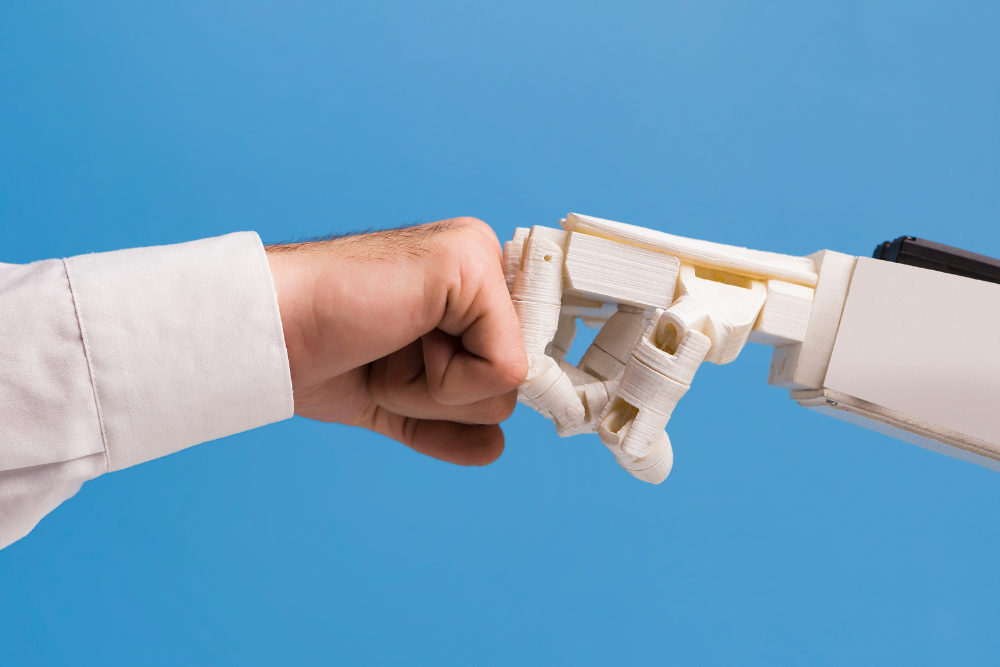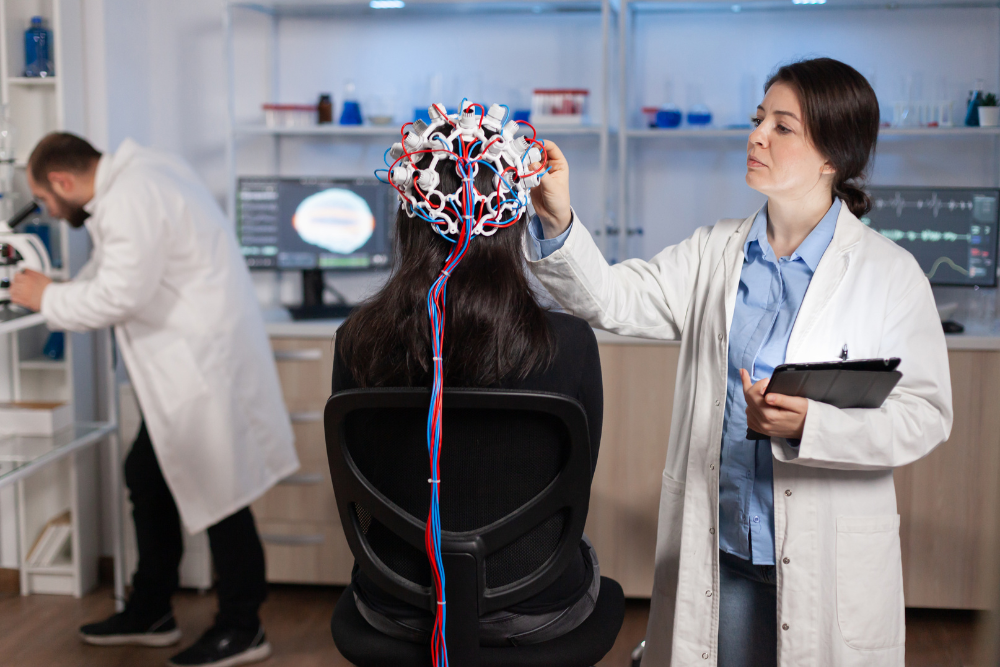Overview
Pain Management is a specialized medical discipline dedicated to relieving and managing pain, enhancing the quality of life for individuals dealing with acute or chronic pain conditions. At Parvathy Hospital, our team of experienced pain management specialists utilizes a comprehensive approach to address various pain-related issues.
Common Pain Problems
Chronic Pain Conditions
Our pain management experts are proficient in managing a range of chronic pain conditions, including but not limited to:
Our pain management experts are proficient in managing a range of chronic pain conditions, including but not limited to:
- Arthritis Pain: Effectively addressing joint pain associated with arthritis.
- Back and Neck Pain: Tailored interventions for spinal pain, including disc-related issues and sciatica.
- Neuropathic Pain: Specialized treatments for nerve-related pain conditions.
- Headaches and Migraines: Comprehensive strategies for individuals experiencing chronic headaches or migraines.
- Muscle and Joint Pain: Targeted therapies for muscle and joint-related pain.
Acute Pain Management
We also provide acute pain management solutions for post-surgical or injury-related pain, ensuring a smooth recovery process.
We also provide acute pain management solutions for post-surgical or injury-related pain, ensuring a smooth recovery process.
Common Pain Treatments
Our pain management specialists employ a multidisciplinary approach to create personalized treatment plans for each patient. Common pain management interventions include:
- Medication Management: Prescribing appropriate medications to alleviate pain, considering individual health profiles.
- Interventional Procedures: Minimally invasive procedures such as nerve blocks, epidural injections, and joint injections to target specific pain sources.
- Physical Therapy: Customized exercise programs to improve mobility and reduce pain.
- Counseling and Psychological Support: Addressing the emotional impact of chronic pain through counseling and support services.
When to Consult a Doctor ?
If you are experiencing persistent or severe pain that affects your daily life, it's crucial to seek pain management services. Common indicators include:
- Ongoing pain that lasts beyond the expected healing time.
- Discomfort impacting your ability to perform routine activities.
- Limited success with over-the-counter pain medications.
Call +91 98412 98412 for medical emergencies or 044 2238 2248 / +91 98848 99091 to book an appointment.
General (FAQ) For Pain Management
Arthritis pain is often described as a dull, aching discomfort around joints. It can vary from mild to severe, with sensations of stiffness, swelling, and tenderness. The pain may be constant or intermittent, impacting daily activities.
Arthritis can have various causes, including age-related wear and tear, autoimmune disorders, genetic factors, and joint injuries. Inflammation plays a crucial role in arthritis, leading to pain and joint damage.
A diet rich in anti-inflammatory foods can help manage arthritis. Include fatty fish, nuts, fruits, vegetables, and whole grains. Avoiding processed foods and excessive intake of red meat may also contribute to arthritis management.
Arthritis pain severity varies. For some, it`s a mild inconvenience, while for others, it can be debilitating. Effective management strategies, including medications, lifestyle changes, and therapies, can significantly improve pain levels.
Neuropathic pain is often described as a shooting or burning sensation. It can be accompanied by tingling, numbness, and heightened sensitivity in the affected area. Neuropathic pain is caused by nerve damage or malfunction.
The four main types of neuropathic pain include peripheral neuropathy, diabetic neuropathy, post-herpetic neuralgia, and complex regional pain syndrome (CRPS).
Controlling nerve pain involves medications such as anticonvulsants and antidepressants, physical therapy, nerve blocks, and lifestyle modifications. Consultation with a healthcare professional, such as a back pain doctor, is crucial for a personalized treatment plan.
While chronic nerve pain may not always be fully cured, effective management strategies can significantly reduce symptoms and improve quality of life. Treatment options depend on the underlying cause of the nerve pain.
The fastest way to alleviate a migraine involves resting in a quiet, dark room, applying a cold or warm compress to the head or neck, and taking migraine-specific medications prescribed by a healthcare professional.
Common triggers for frequent migraines include stress, hormonal changes, certain foods, lack of sleep, and environmental factors. Identifying and managing triggers is essential in migraine prevention.
Headaches are generally less severe and may involve dull pain, while migraines are often characterized by intense throbbing pain, nausea, and sensitivity to light and sound. Migraines can significantly impact daily activities.
Common triggers for frequent migraines include stress, hormonal changes, certain foods, lack of sleep, and environmental factors. Identifying and managing triggers is essential in migraine prevention.
Headaches are generally less severe and may involve dull pain, while migraines are often characterized by intense throbbing pain, nausea, and sensitivity to light and sound. Migraines can significantly impact daily activities.
To calm down a migraine, find a quiet, dark space to rest, use cold or warm compresses, and take prescribed migraine medications. Adequate hydration and relaxation techniques may also help.
Painful joints and muscles can be caused by various factors, including arthritis, overuse, injuries, and inflammatory conditions. Identifying the underlying cause is crucial for effective treatment.
Treatment for muscle and joint pain may include medications, physical therapy, exercise, and lifestyle modifications. In some cases, injections or surgical interventions may be recommended for severe conditions.
Conditions such as rheumatoid arthritis, osteoarthritis, fibromyalgia, and lupus can cause pain in muscles and joints. A thorough medical evaluation is necessary to determine the specific disease or condition.
Reducing muscle pain involves rest, gentle stretching, over-the-counter pain relievers, and, if necessary, prescription medications. Applying ice or heat and maintaining a regular exercise routine can also contribute to muscle pain relief.















